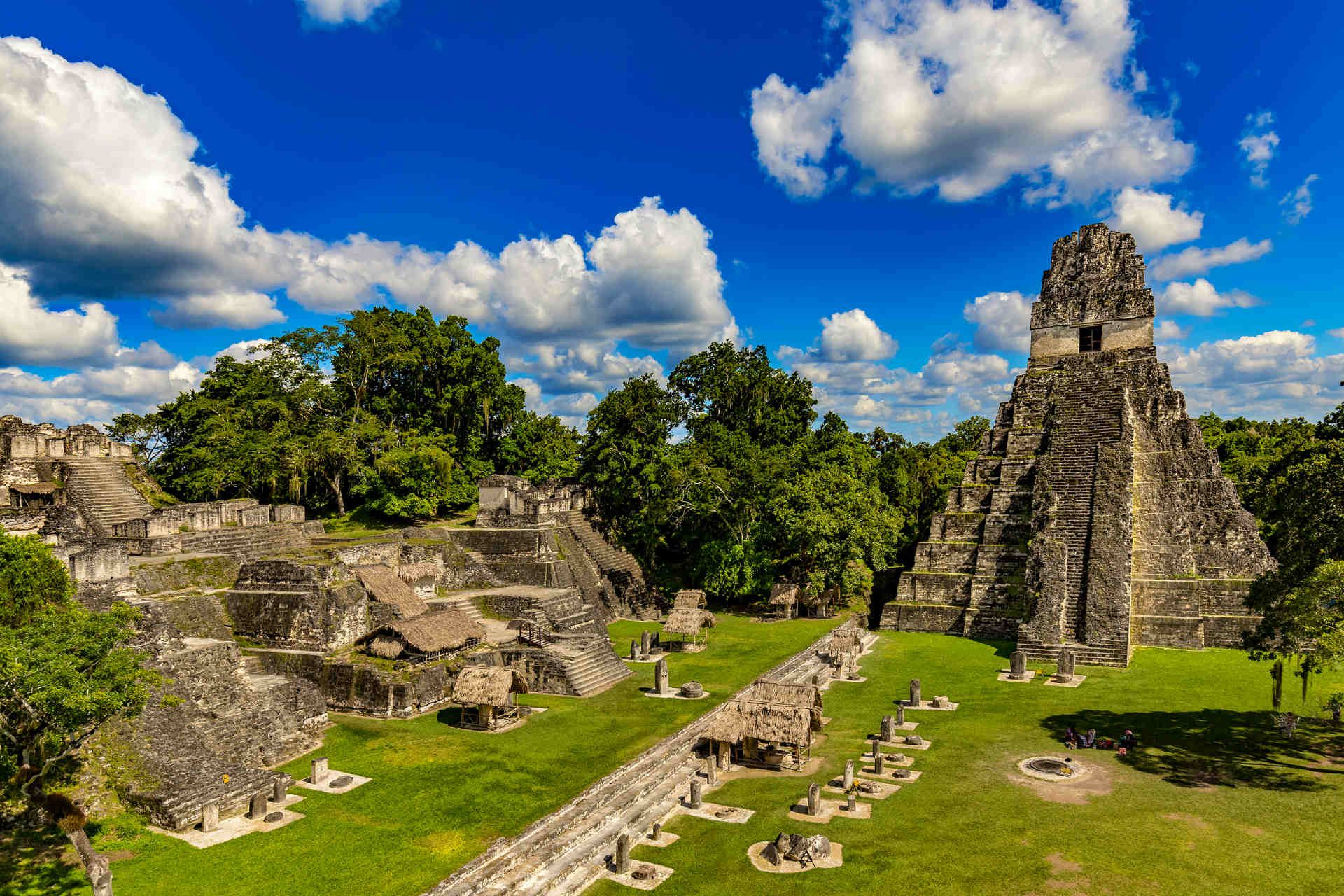8. Leave tap water for cleaning
To prevent stomach issues, don’t drink the tap water in Guatemala. In fact, don't even brush your teeth with it.
Instead, always opt for bottled water or bring water purification tablets for your journey.
Want to learn even more useful information for your upcoming trip to Guatemala? Read our tips for travelling in Guatemala.
9. Guatemala is safe, but use common sense
While Guatemala generally offers a safe experience — especially in areas frequented by tourists — it’s always a good idea to keep a few basic safety considerations in mind.
First up, before you travel, familiarize yourself with the areas you plan to visit — some regions might be safer than others. Also stay abreast of travel advisories from your government’s foreign affairs department.
As always, be aware of your surroundings. Petty theft and pickpocketing does happen, especially in crowded areas like markets, bus stations, and tourist sites. It’s also not a good idea to have expensive watches on show, or to flash your cash.
We also suggest checking your accommodation is in a safe area and has adequate security measures, such as safes for valuables.
Lastly, whenever possible, travel with others, particularly if you plan to explore rural areas or go hiking.









